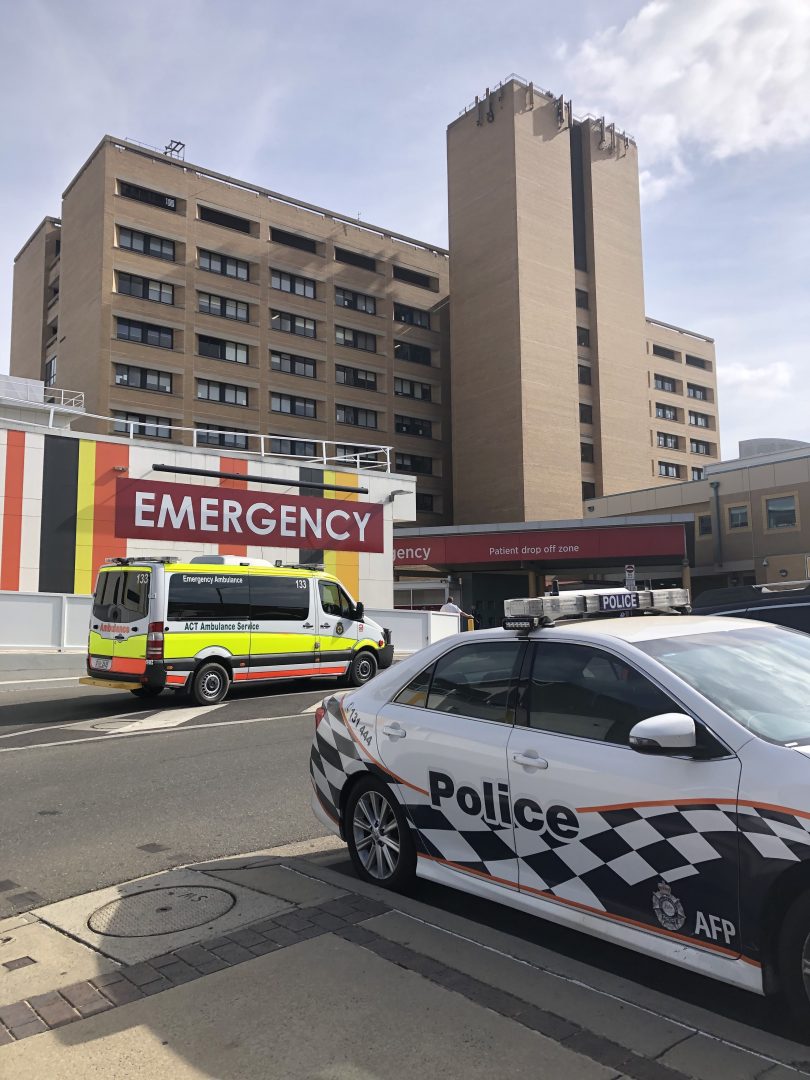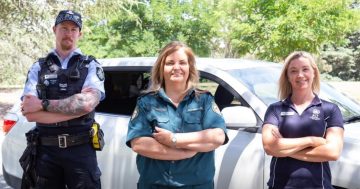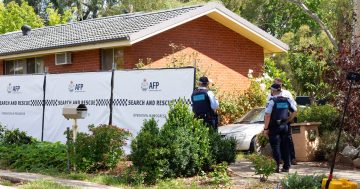
Emergency mental health apprehensions continue to increase in the ACT. Photo: Dominic Giannini.
The number of emergency apprehensions of someone experiencing a mental health emergency has increased dramatically again, after more than doubling in recent years, according to ACT Health’s most recent annual report.
There were 2460 people apprehended under the ACT’s Mental Health Act in 2019-2020, the vast majority of who were at the hands of paramedics and police.
This is an increase from 2059 and 1271 in the respective preceding years.
More than 50 per cent of the people apprehended in 2019-2020 were then detained for up to three days and transported to an approved mental health facility, which is almost a 20 per cent increase from the previous year.
Around 40 per cent of these people – a total of 535 – had their detention extended by up to 11 days.
The increase has been attributed to the “increase in mental health presentations observed in the overall population”, wrote ACT Chief Psychiatrist Dr Denise Riordan.
The number of apprehensions is expected to drop due to an expansion of the Police, Ambulance and Clinical Early Response (PACER) program, she hypothesised.
“This integrated service model offers a clinician coordinated response in collaboration with police officers and paramedics, which means that many people receive appropriate support in their home or are transported voluntarily to hospital,” wrote Dr Riordan.
“In addition, amendments to the Mental Health Act mean that people who contact emergency services for mental health assistance and who are seeking assistance voluntarily will … be transported as voluntary clients.
“Both of these initiatives will ensure the Canberra community continues to receive high level mental health care in the least restrictive manner possible.”
Four forensic psychiatric treatment orders – which covers a person who has a mental illness and is detained in a correctional centre, or is serving a community-based sentence – were authorised in 2019-2020. They were the first orders in at least four years.
Ten detainees were also transferred from the Alexander Maconochie Centre to the Dhulwa Mental Health Unit in 2019-2020.





















